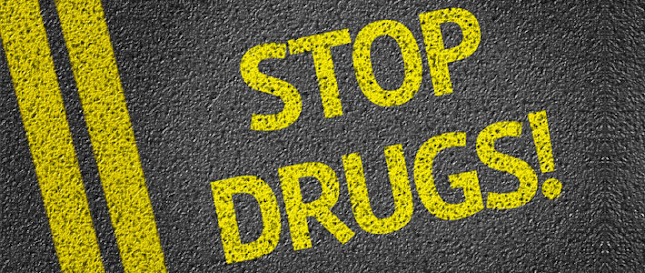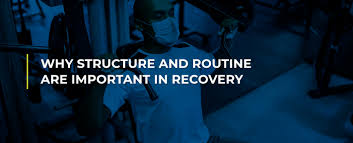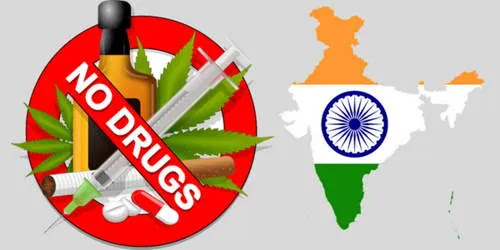Breaking the Habit: How to Quit Drinking Alcohol (Daru ki Aadat) for Good
Are you tired of waking up with a pounding headache and regret every weekend? Do you crave the freedom to live your life without being dependent on alcohol (daru)? Breaking the habit of drinking may seem daunting, but trust us, it's possible. In this blog post, we'll share practical tips to help you quit drinking for good. Say goodbye to hangovers and hello to a healthier, happier lifestyle!

Introduction
If you're like most people, you enjoy drinking alcohol on occasion. But for some, alcohol becomes a problem. If you find that you can't control your drinking or if it's causing problems in your life, it's time to quit.
Breaking the habit of drinking alcohol is not easy, but it is possible. With commitment and effort, you can change your relationship with alcohol and live a healthier, happier life.
Here are some tips to help you quit drinking for good:
1. Set a goal.
Before you can successfully break the habit of drinking, you need to have a clear goal in mind. What are your reasons for wanting to quit? Write them down and refer to them when you're feeling tempted to drink again.
2. Make a plan.
Once you've set your goal, it's time to make a plan of action. Decide how you're going to cut back or stop drinking altogether. There are many ways to do this, so find what works best for you and stick with it.
3. Seek support from others.
Quitting drinking is easier when you have the support of others who are going through the same thing. Talk to friends or family members who are also trying to quit, join a support group, or see a counselor specializing in addiction recovery.
Reasons for Quitting Drinking
If you're considering quitting drinking, you're not alone. According to the National Institute on Alcohol Abuse and Alcoholism, about 18 million American adults have an alcohol use disorder. And while some people are able to cut back without giving up alcohol altogether, for others, quitting drinking is the best and only option.
There are many reasons why people choose to quit drinking. For some, it's a health concern. Heavy drinking can lead to a number of health problems including liver disease, high blood pressure, and heart disease. For others, it's a personal decision. They may have had a negative experience while drinking or simply decide that they don't want alcohol to be a part of their life anymore.
Whatever your reason for quitting, know that you're not alone and there is support available to help you through the process.
Tips for Quitting Drinking
If you're trying to quit drinking, there are a few things you can do to increase your chances of success. First, it's important to set a goal for yourself and make a plan for how you're going to achieve it. You should also tell your friends and family about your decision so they can support you. Additionally, it's helpful to find an alternative activity to replace drinking alcohol. For example, if you usually drink with friends, try meeting up with them for coffee or tea instead. Be prepared for setbacks and slips – they're normal and happen to everyone. Just don't give up on your goal of quitting drinking alcohol altogether.
Effects of Alcohol on Your Body
When you drink alcohol, it goes through your digestive system and is broken down by your liver. Your liver can only process a certain amount of alcohol at a time, so the rest is sent to your bloodstream. This is why you feel the effects of alcohol pretty quickly after drinking.
Alcohol affects your body in many ways. It slows down your brain function and reaction time, which can make you more likely to fall or have an accident. It also makes it harder for your body to fight off infection, so you’re more likely to get sick if you drink regularly.
Drinking too much alcohol can lead to serious health problems, including liver damage, heart disease, and cancer. If you’re struggling with an alcohol addiction, quitting drinking is one of the best things you can do for your health. There are many resources available to help you quit, so don’t hesitate to reach out for help if you need it.
Healthy Alternatives to Alcohol
When it comes to giving up alcohol, there are many different paths that you can take. Some people choose to go cold turkey, while others may opt for a more gradual approach. Regardless of which method you choose, there are a number of healthy alternatives to alcohol that can help you on your journey to sobriety.
One popular alternative is kombucha. Kombucha is a fermented tea that is rich in probiotics and antioxidants. It has a slightly sweet and sour taste, and can be enjoyed on its own or mixed with other beverages.
Another option is fresh juice. Juicing provides your body with vitamins, minerals, and enzymes that can help support your detoxification process. If you're looking for something a little sweeter, you can add some fruit to your juice or opt for a vegetable-based juice instead.
Consider herbal teas as an alternative to alcohol. Herbal teas can be helpful in promoting relaxation and restoring balance to the body. Some great options include chamomile, lavender, and ginger tea.
Support Groups and Resources
If you're struggling to quit drinking alcohol, you're not alone. There are many support groups and resources available to help you on your journey. Here are some of the best:
Alcoholics Anonymous: AA is a 12-step program that has helped millions of people worldwide recover from alcoholism. It offers support through local meetings and online resources.
SMART Recovery: This organization offers a science-based approach to recovery from addiction. They have an online forum and weekly meetings across the United States.
Moderation Management: MM is a harm reduction program that helps people learn how to moderate their drinking. They offer online tools and resources, as well as in-person meetings.
National Institute on Alcohol Abuse and Alcoholism: The NIAAA is a government agency that provides research-based information on alcohol use disorder and treatment options.
Conclusion
Quitting alcohol is not easy, but it can be done with the right mindset and support. Having a clear goal in mind and understanding why you are quitting drinking will help make your journey easier. Additionally, creating a strong social network of supportive friends and family members can also help provide accountability when things get tough. Finally, finding alternative activities to replace your habit of drinking alcohol will keep you occupied as well as improve your overall health and wellbeing. With these tips in mind, you can break the habit of drinking alcohol for good!








